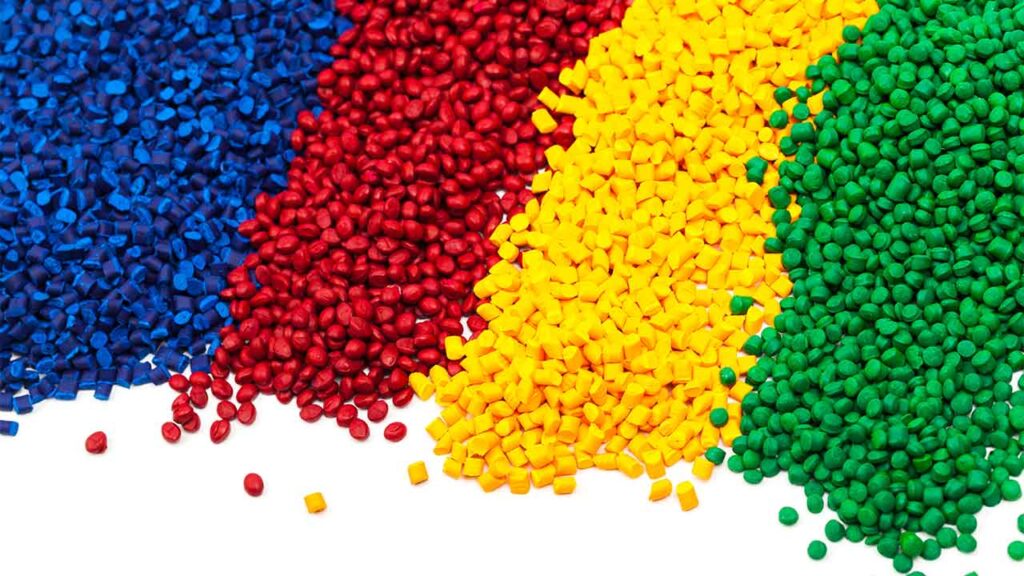Among its many applications, plastic gears play a crucial role in everything from home appliances and automotive systems to industrial machinery and robotics. These small but essential components help transfer motion and power, making them vital in countless devices we use every day.
When it comes to producing plastic gears, customization is key. Every application has unique needs — whether it’s strength, precision, noise reduction, or resistance to heat and chemicals. That’s where custom plastic gear injection molding comes in. This advanced process allows manufacturers to create perfectly tailored gears that meet exact specifications while maintaining cost-efficiency and scalability.
At Senses, we specialize in providing high-precision injection molding services, including the design and production of custom plastic gears. With years of experience and state-of-the-art technology, we help businesses bring their ideas to life with durable, accurate, and cost-effective gear solutions. Whether you’re developing a new product or optimizing an existing design, our team is here to support you at every step — from prototyping to full-scale production.
What Is Custom Plastic Gear Injection Molding?
Custom plastic gear injection molding is a specialized manufacturing process used to create plastic gears that are designed to meet exact specifications for a particular application. Unlike mass-produced, standard gears, custom gears are made based on unique requirements such as size, shape, material, and performance needs.
Here’s how it works: First, a precise mold is created based on the customer’s design. Then, high-quality thermoplastic materials — like nylon, acetal (POM), or polycarbonate — are melted and injected into the mold under high pressure. Once cooled and solidified, the finished gear is removed from the mold, ready for use or further assembly.
What makes this process “custom” is that every step — from the gear’s tooth profile and dimensions to the type of plastic used — is tailored to suit the specific function and environment where the gear will operate. For example, some gears need to be ultra-durable for industrial machines, while others must be quiet and lightweight for use in home appliances or electronics.
Materials Commonly Used in Plastic Gear Manufacturing
When it comes to manufacturing plastic gears, choosing the right material is crucial. The performance, durability, and functionality of a gear depend heavily on the properties of the plastic used. At Senses, we understand that each application has unique demands — whether it’s resistance to heat, wear, chemicals, or noise reduction. That’s why we offer a wide range of high-quality thermoplastic materials to suit your specific needs.
Here are some of the most commonly used materials in plastic gear injection molding:
1. Nylon (Polyamide – PA)
- Properties: High strength, excellent wear resistance, good fatigue resistance, self-lubricating.
- Applications: Widely used in automotive systems, industrial machinery, and power tools.
- Why Choose Nylon? Ideal for high-load applications where long life and low friction are important.
2. Acetal (Polyoxymethylene – POM)
- Properties: Stiff, low-friction, high dimensional stability, excellent creep resistance.
- Applications: Frequently used in precision parts such as gears in printers, valves, and conveyor systems.
- Why Choose Acetal? Great for applications requiring tight tolerances and consistent performance over time.
3. Polycarbonate (PC)
- Properties: High impact strength, transparent options available, moderate heat resistance.
- Applications: Suitable for gears in electronic devices, safety equipment, and medical instruments.
- Why Choose Polycarbonate? A good option when transparency and impact resistance are key.
4. Polyphenylene Oxide (PPO/Noryl™)
- Properties: Dimensional stability, good electrical insulation, chemical resistance.
- Applications: Often found in automotive sensors, water meters, and industrial pumps.
- Why Choose PPO? Excellent for gears exposed to hot water or mild chemicals.
5. Polyetheretherketone (PEEK)
- Properties: High-performance engineering plastic with excellent thermal and chemical resistance.
- Applications: Aerospace, medical, and high-end industrial environments.
- Why Choose PEEK? For extreme conditions where superior mechanical strength and longevity are required.
6. Polyurethane (PU)
- Properties: Flexible, abrasion-resistant, shock-absorbing.
- Applications: Gears used in conveyor rollers, printing machines, and agricultural equipment.
- Why Choose Polyurethane? Perfect for low-volume or flexible gears that need to absorb vibration or impact.
How Senses Helps You Choose the Right Material
At Senses, we don’t just manufacture plastic gears — we help you select the best material based on your product’s operating environment, load requirements, temperature exposure, and cost considerations. Our team of engineers works closely with you to ensure that every custom gear we produce meets not only your design specifications but also your performance expectations.
Senses is an ISO 9001:2015 certified plastic injection molding company, offering a comprehensive array of services including mold and part design, prototyping, small-batch production, and full-scale manufacturing. We serve a diverse range of industries, encompassing automotive, medical, and consumer electronics. Our focus is on ensuring each product we deliver meets the highest standards of quality and functionality.
For personalized solutions and expert consultation, reach out to us today at info@senseschina.com.








